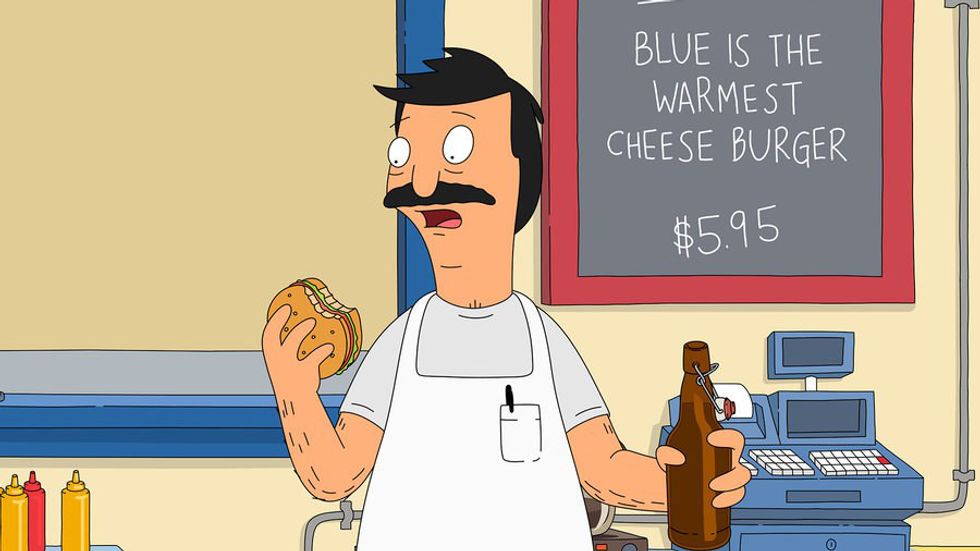Hillary Rodham Clinton.
Debbie Wasserman Schultz.
The Democratic National Convention.
If there was ever a time that these names invoked a sense of integrity, it has long passed.
In the midst of the alarming 2016 presidential election, the trail of scandals and corruption following Hillary Clinton has been revealed as something much deeper: an institutional lack of honesty in the Democratic Party.
Long before the leak of DNC emails that revealed a coordinated effort against Bernie Sanders – by a party that prides itself on advocating for “everyone [getting] a fair shot, [doing] their fair share, and [playing] by the same rules” – former DNC chairwoman Wasserman Schultz was accused by many of being part of a conspiracy that stacked the odds against Sanders throughout the Democratic primaries.
Donald Trump naturally capitalized on the opportunity to reaffirm his position as an anti-establishment, “corruption-free” candidate. These incidents could have handed the election to the Republican party if Trump wasn’t a highly controversial and divisive candidate.
Now that the American public knows that there was anti-Sanders sentiment among the DNC - a violation of its own rules - the Democrats are left with a pertinent question: how do they fix the Democratic Party’s tarnished reputation?
First, it is important to understand that Hillary Clinton represents the insincerity and corruption of the Democratic Party. She isn't nearly as "crooked" as the GOP would have you believe, but that's not relevant – the image of corruption alone will suffice to hurt her and the Democrats.
From being embroiled in Benghazi hearings to giving speeches to Goldman Sachs for exorbitant amounts of cash, and dealing with accusations of corruption in the Clinton Foundation, Hillary has a significant amount of controversy behind her. By hiring DWS as a surrogate in her campaign, Hillary has confirmed a strong relationship she holds with DWS, which further insinuates corruption and encourages the development of conspiracies and contempt of the Clinton campaign.
As if this weren’t enough, Hillary comes across as inauthentic and desperate to pander. On Power 105.1’s “The Breakfast Club," a radio show with a large African-American audience, she claimed that she always carries around hot sauce in her purse, which some interpreted as a ploy to attract African-American voters. And I just recently, at a rally in Virginia, she cracked a joke about finding a way to get voters to “Pokemon Go to the polls.”
Granted, these instances hardly disqualify her from the presidency, but they do strain her reputation with some millennials and minorities in particular – and with the race to the White House still too close to call, she cannot afford to lose their support.
To reverse the damage that Clinton and the DNC have done to the credibility of the Democratic Party and focus future debates on policy rather than rhetoric, the Party must reevaluate itself and make changes to function in-step with the American people.
First, the Party must not let loyalty interfere with justice. By hiring DWS on her campaign, Clinton has deepened the wounds made by the DNC. She has added insult to injury by saving one of her own rather than letting justice be served. If the Democratic Party cannot hold itself accountable, then the American people will hold it accountable. The Party will lose elections and lose the potential to regain support among Independents, who now have become the largest voting bloc.
Second, Hillary has to change her strategy and start pivoting to honesty and authenticity. While it is too late to undo the harm, she can still mitigate much of the damage by putting aside the persona she hopes to create and instead using her genuine personality. The American people may be impacted by rhetoric on policy, but they are not impacted by rhetoric on personality. This is especially dangerous for her given that her opponent is Donald Trump, who is perhaps the most brazenly authentic candidate in recent history.
Third, the DNC needs substantial, meaningful reform. Its superdelegate system seems to go against the notion of government "by the people" – superdelegates nearly always have the power to tilt the election to favor a candidate over another, which took place this year.
Sure, Hillary won the popular vote, but she started the primaries with the expected support of almost every single superdelegate. She was always seen as the frontrunner, and there were states in which Bernie won the popular vote, and yet the support of superdelegates handed the state to Clinton. This must have affected his performance.
On that note, caucuses should be replaced with primaries in all 50 states – and these should be held on the the same day. While this may be a strain on resources, the current system allows for early results to influence states that vote later. For every candidate to have an equal shot, these results must only be made available after everyone has voted.
These changes must come from a champion of integrity and purity, someone who won’t wind up falling victim to the establishment conspiracy theories – someone like Bernie Sanders.
This is a name that drips with genuine compassion. Sanders has a led a campaign with a platform of cleaning up the government. He has rejected Super PACs and has led a campaign funded entirely on individual donations, a true grassroots campaign. As he returns to the Senate to continue sponsoring legislation, the Democratic Party must strongly consider giving him an even more important role in their future: his movement is just getting started

































